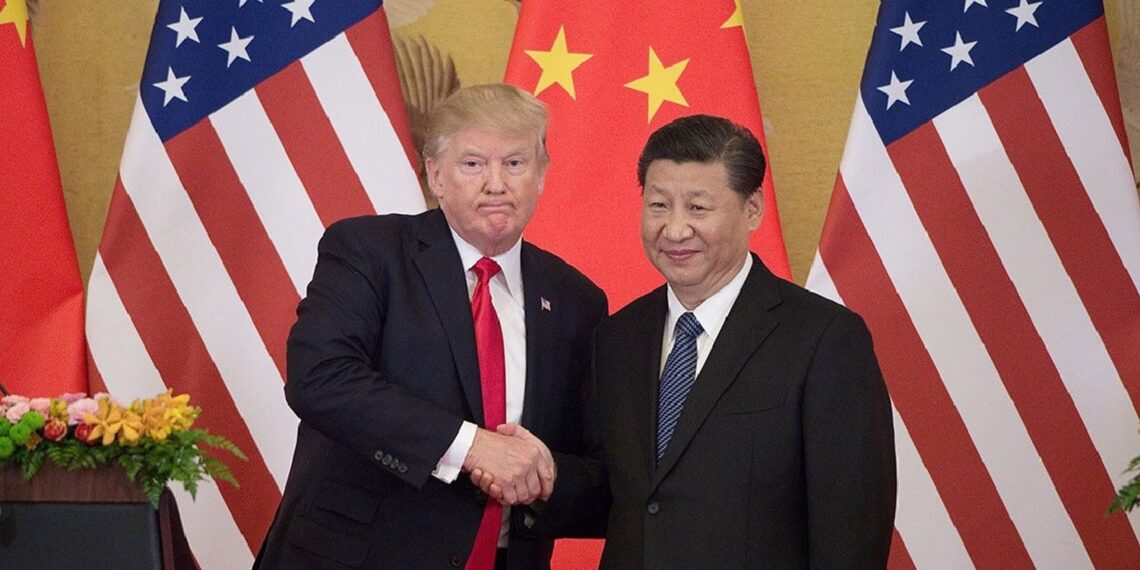Geneva: The United States and China have agreed to a temporary pause in their escalating trade conflict, announcing a 90-day truce that includes significant reductions in their respective tariffs.
The move is seen as a critical step toward renewed negotiations aimed at resolving longstanding trade disputes between the world’s two largest economies.
The announcement, made jointly by US Trade Representative Jamieson Greer and Treasury Secretary Scott Bessent during a press conference in Geneva, outlined that the US will reduce its steep 145% tariffs on Chinese imports to 30%.
In response, China will also cut its tariffs on American goods to 10%, down from the current 125%.
Global markets responded positively to the news, with investor sentiment surging amid hopes that the truce could lead to a more lasting resolution.
Futures for the S&P 500 rose 2.6%, while the Dow Jones Industrial Average climbed 2%.
Oil prices also jumped by over $1.60 per barrel, and the US dollar gained strength against both the euro and the Japanese yen.
Bessent emphasised the severity of the previous tariff levels, noting they were effectively acting as a trade embargo.
“What we were facing was the equivalent of a full blockade,” he said.
“Neither side wants a decoupling. Both are committed to pursuing balanced and constructive trade relations.”
China’s Ministry of Commerce also welcomed the agreement, calling it a meaningful step toward resolving differences and fostering future cooperation.
“This outcome reflects the expectations of both producers and consumers and supports global economic stability,” a ministry statement said.
It urged the US to abandon “unilateral tariff measures” and work with China to promote stable and sustainable trade relations.
While the agreement offers short-term relief, the broader implications remain uncertain.
The 90-day pause is intended to allow space for dialogue, but whether the two nations can bridge their deeper disagreements during that period remains to be seen.
Jens Eskelund, president of the EU Chamber of Commerce in China, reacted cautiously, highlighting the business community’s need for long-term clarity.
“Suspending tariffs for 90 days is a positive step, but businesses require predictability for operational and investment decisions,” he said.
“We hope both governments continue engaging in dialogue and avoid actions that could further disrupt global trade.”
The tariff escalation had begun last month when the US raised import duties on Chinese goods to a combined rate of 145%, prompting Beijing to retaliate with a 125% levy on American imports.
At such high levels, trade between the two nations—which totalled over $660 billion last year—was on the brink of a near-total shutdown.
ALSO READ: ‘My Melbourne’ wins Best Film at UK Asian Film Festival 2025
While the Donald Trump administration has imposed tariffs on several countries, its trade battle with China has been the most intense.
Part of the US tariff strategy includes a 20% duty aimed at pressuring China to curb the export of fentanyl, a synthetic opioid contributing to the US drug crisis.
The remaining levies are rooted in earlier disputes dating back to Trump’s first term, adding layers of complexity to the ongoing negotiations.















